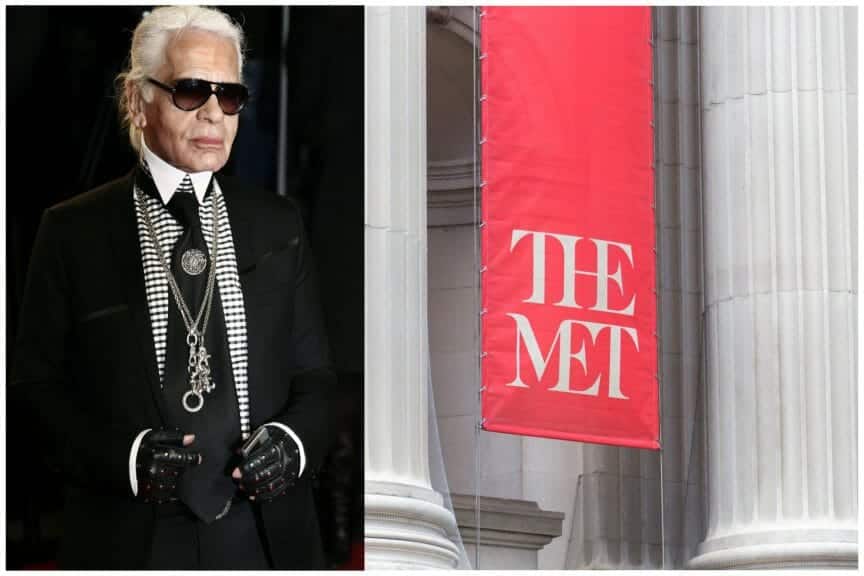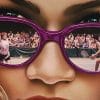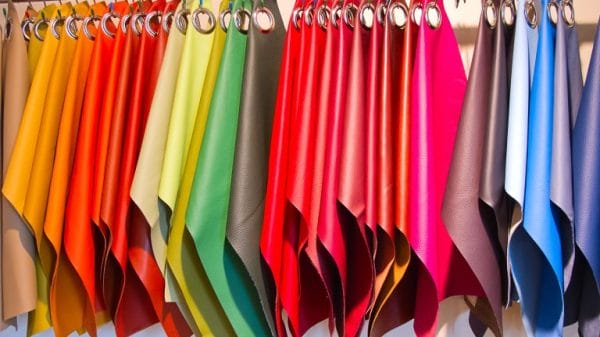The first Monday of May marks the most significant event on the fashion calendar. The Met Gala. This year’s theme was Karl Lagerfeld – A Line of Beauty. This was to honour Lagerfeld’s work, after his passing in 2019. Lagerfeld’s work was innovative, however, due to the controversial comments the designer made in the past, it bodes a question as to why the Met is honouring him.
Lagerfeld’s notable work with Chanel, who he served as creative director until his death, inspired the looks showcased in New York last night. The guests dressed in honour of the designer, pulling looks from Chanel, Chloé, Fendi, Balmain and Patou – the fashion houses that Lagerfeld worked with and his own eponymous brand.
Notable Looks of The Met
Tweed, pearls and a sea of black and white graced the carpet. Also, several homages were paid to Lagerfeld himself with his signature look of the white shirt. Noteworthy looks were Anne Hathaway, a vision of tweed and pearl paperclips designed by Versace. Dua Lipa dipped into the Chanel archives wearing a bridal look, initially worn by Claudia Schiffer in 1992. Another of Lagerfeld’s muses, Naomi Campbell was a visionary in pink in vintage Chanel. Kim Kardashian, ridding herself of her meme-worthy Met moments, doused in pearls designed by Schiaparelli.
Another iconic moment was the several A-list celebrities that paid homage to Lagerfeld through his cat, Choupette. Doja Cat, Jared Leto and Lil Nas X referenced the designer’s cat. Doja Cat made internet history at her first Met, during her interview with Emma Chamberlain by simply responding to Chamberlain with meows. Obsessed.
You can find all of the looks showcased at the Met here.
Lagerfelds Controversial Past
Although Lagerfeld is considered a visionary, he’s also had a very controversial past. Many people highlight that Vivienne Westwood, who passed in December 2022, should have been honoured as the Met theme instead, rather than Lagerfeld.
Jameela Jamil took to Instagram to criticise the choice of the theme. She wrote: “This man… was indeed, supremely talented, but used his platform in such a distinctly hateful way, mostly towards women, so repeatedly and up until the last years of his life, showing no remorse, offering no atonement, no apology, no help to groups he attacked… there was no explanation for his cruel outburst.”
Lagerfeld was fatphobic, anti-immigrant, and misogynistic. Gay marriage was also another thing that Lagerfeld slewed. He touched upon the #MeToo movement, saying “If you don’t want your pants pulled about, don’t become a model! Join a nunnery, there’ll always be a place for you in the convent.”
Lagerfeld also said in 2017 “I know someone in Germany who took a young Syrian and after four days said: ‘The best thing Germany ever did was the holocaust’,” in response to German Chancellor Angela Merkel opening Germany’s border to migrants.
Due to his problematic past, why has Anna Wintour placed him on a pedestal to be honoured? His views feed into fashion toxic standards, especially his fatphobic comments as fashion has a long-standing history of promoting unrealistic body types.
Many celebrities at the Met also wore pink almost in retaliation to the theme. Lagerfeld was widely known for the phrase: “Think pink. But don’t wear it. Although there wasn’t any celebrity pushback to the theme leading up to the gala, it seemingly looks like on the carpet that celebrities showed their disdain for the theme within their gowns.
Precious Lee, a plus-sized black model, who had a hot pink cape attached to her gown. Quannah Chasinghorse, a Native American activist also followed by dressing in pink. Albeit, it is not directly confirmed that they dressed in pink to shade Lagerfeld.
Fashions Unwavering View to Controversy
At the gala, Anna Wintour told the New York Times that she hoped Lagerfeld “would understand how many people love and respect him”. Despite his controversial past, Wintour was still an ally to him.
Unfortunately, this is nothing new for the industry to continue supporting problematic designers. Although social media users have cancelled these designers, it seems like industry figureheads refuse to acknowledge it. Dolce&Gabanna, who have a known history of racism and homophobia, were freed from cancel culture by Kardashian endorsements. Alexander Wang made a comeback after sexual assault allegations tarnished the brand and Balenciaga also followed suit after featuring child pornography cases in their ads. In order to move forward within the industry, supporting designers who are embroiled in bigoted controversy can no longer happen.














